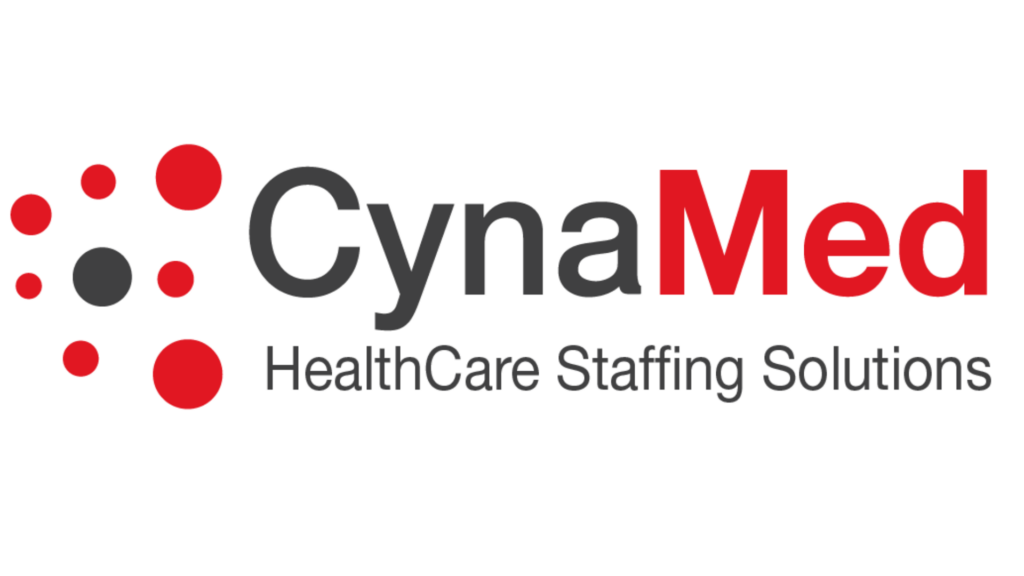Either of these healthcare facilities provides optimal care to patients with progressing ailments who cannot remain at home. Skilled nursing patients need comprehensive care from trained medical professionals. Assisted living patients are often more independent and require much less maintenance than capable nursing patients.
What Is Skilled Nursing vs. Assisted Living: Roles and Abilities
Ask google ‘what is skilled nursing’ or ‘what is assisted living,’ and you’ll find many similarities. Unfortunately, people tend to confuse these terms with one another, which creates confusion. There are a few main differences between these two forms of nursing roles and abilities.
Skilled Nursing Roles Include: Providing wound care, Inserting catheters, providing physical therapy, taking vitals, monitoring healthcare equipment, and providing routine patient maintenance.
Abilities: Critical thinking, communication, time management, teamwork, thinking on your feet, fast-paced, empathy, confidentiality.
Assisted Living Roles Include: Managing medication, speaking with family members, checking in daily with patients, assisting in exercise and well-being, discussing concerns with patients, and charting overall health status.
Abilities: Person-centered care, ethical and critical thinking, clinical leadership, communication, creative problem solving, patience, organization, and flexibility.
Skilled Nursing Facility vs. Assisted Living Facility
While caring for an ill patient in either of these facilities, you should understand that each facility has a very different environment. Some key differences between the two are:
Skilled Nursing Facilities: Commonly referred to as a ‘nursing home,’ This facility houses many elderly people. When you choose to have your loved one live at a skilled nursing facility, many patients spend the remainder of their lives as they need specialized care. These facilities are often large buildings where most patients come to rest.
Assisted Living Facilities: These are usually more community based and offer patients more independence and freedom. Patients in these facilities do not require around-the-clock care. However, 24-hour emergency assistance is available. In addition, assisted living offers patients social and interactive opportunities to engage with a community that understands one another.
If you wish to learn more about becoming a Personal Care Assistant in either of these fields, visit us at CynaMed.






